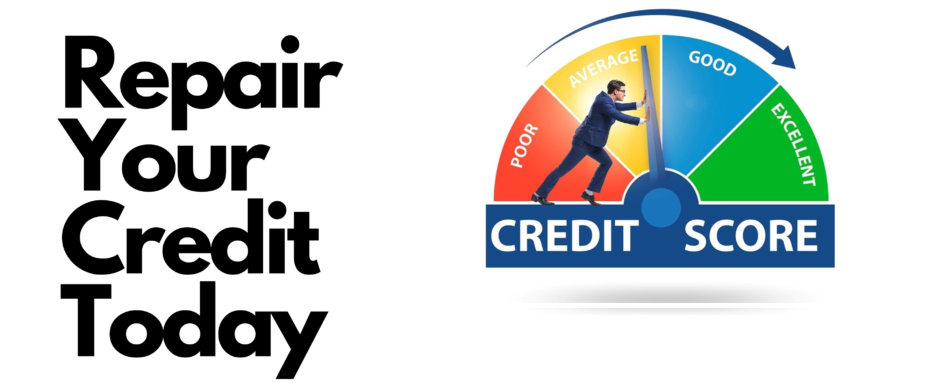I am excited to share with you the latest news about student loan forgiveness. As you may already know, the current President of the United States, Joe Biden, is a strong supporter of easing the burden of student debt for millions of Americans. Recently, there was a congressional attempt to stop his plans of offering student loan forgiveness, but he vetoed this effort. As someone who has experienced the challenges of repaying student loans, I am eager to learn more about how this decision will impact those of us still struggling with this financial burden. Join me in exploring the latest news on student loan forgiveness and what it means for our future.
Introduction:
Student loan forgiveness has been a hotly debated topic in recent years, and the issue has only intensified in light of the COVID-19 pandemic. Many people are struggling to make their loan payments or believe they will never be able to pay off their debt. That’s why a recent development in American politics has been of great interest to the public: President Joe Biden’s veto of Congress’s stoppage of student loan forgiveness.
What Does This Mean for Students?
For those who are unfamiliar with the concept, student loan forgiveness refers to the cancellation of some or all outstanding student debt. President Biden had championed this issue during his campaign and has continued to push for student loan relief during his presidency. In a recent move, he vetoed Congress’s stoppage of the program, allowing it to proceed. This has major implications for to students who are burdened with overwhelming debt.
The Pros and Cons of Student Loan Forgiveness:
As with any major policy change, there are bound to be pros and cons. Let’s take a look at both sides of the issue.
Pros
- Reduced financial burden for millions of Americans
- Increased purchasing power
- Higher likelihood of economic success
- Positive impact on mental health
Cons
- Higher taxes for those who did not borrow or repay student loans
- Possible moral hazard (the perceived encouragement of irresponsible behavior)
- A decrease in the overall value of higher education
- Potential for more debt to accumulate in the future
Why Is Student Loan Forgiveness Controversial?
One major reason why student loan forgiveness is controversial is the sheer amount of outstanding debt. In the United States, student loan debt has surpassed $1.7 trillion – a staggering figure. Critics argue that this is a problem that should be solved by individuals, not the government. Additionally, many believe that student loan forgiveness is unfair to those who have already paid off their loans or who chose not to go to college at all.
How Can You Benefit from the Program?
If you are interested in participating in the program, there are a few things you should know. First and foremost, you must have federal loans. Private loans are not eligible for forgiveness. Additionally, the amount of forgiveness you receive will depend on your situation. Biden’s plan includes $10,000 of forgiveness per borrower, but more could be on the table in the future.
One potential downside of the program is that it could take years to fully implement. If you are struggling with debt now, you may not see any relief in the near future. That said, if you do qualify for forgiveness, it could be life-changing. Imagine being able to start your adult life without the burden of student debt hanging over your head.
Conclusion:
President Biden’s veto of the stoppage of student loan forgiveness is an important step in the ongoing push for relief for those with student debt. While the program is not without its flaws, it has the potential to positively impact millions of Americans. If you are struggling with student loan debt, it’s worth keeping an eye on the program and seeing if you qualify. Remember, the legal disclosure states that the writer is not a financial advisor and the information provided here is for entertainment purposes only.






